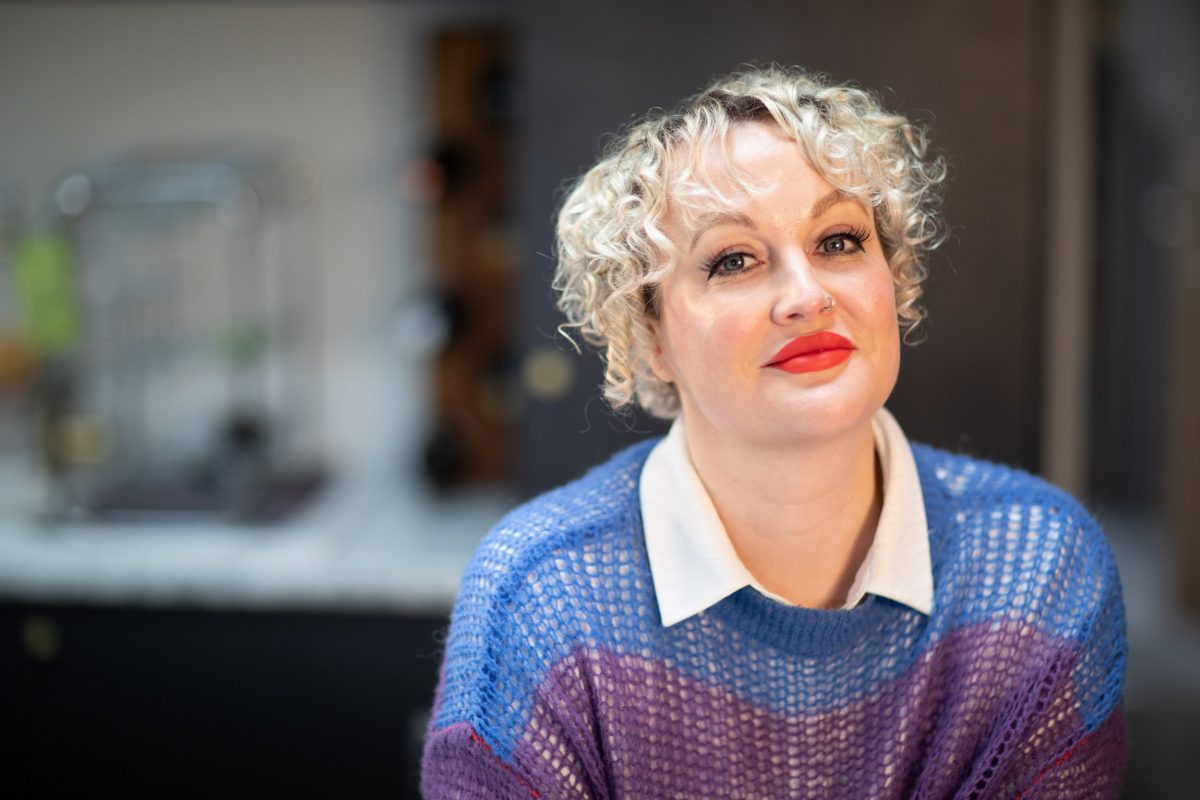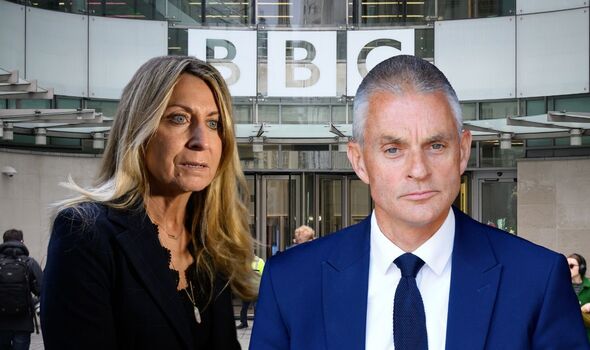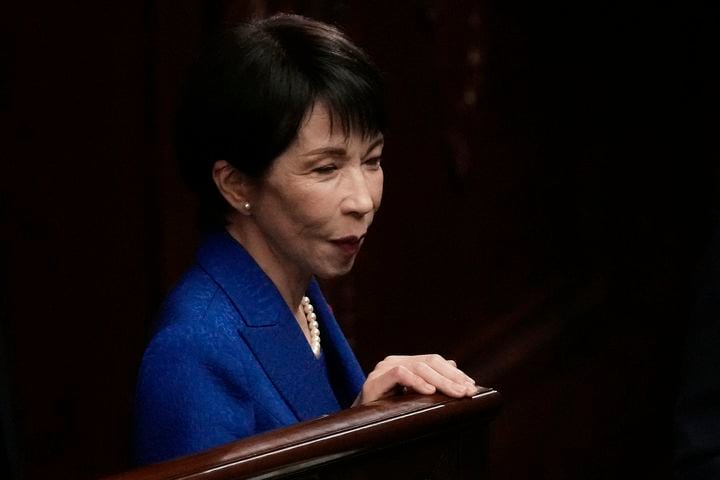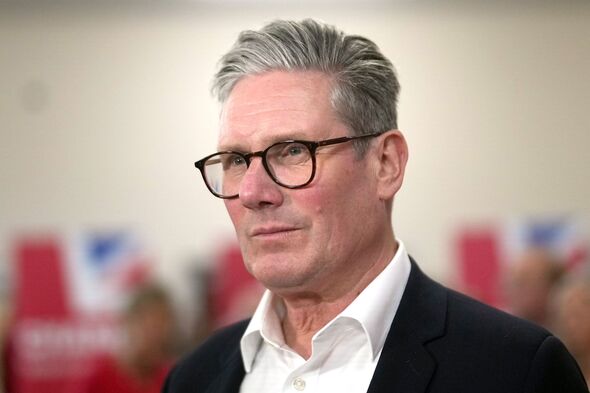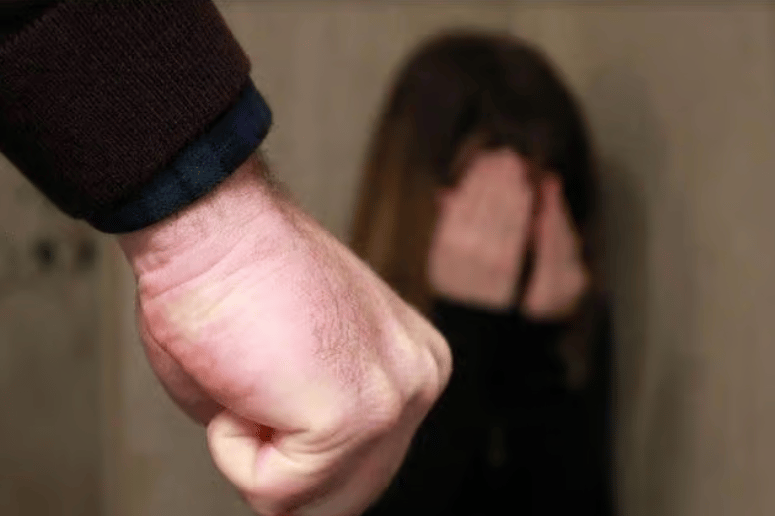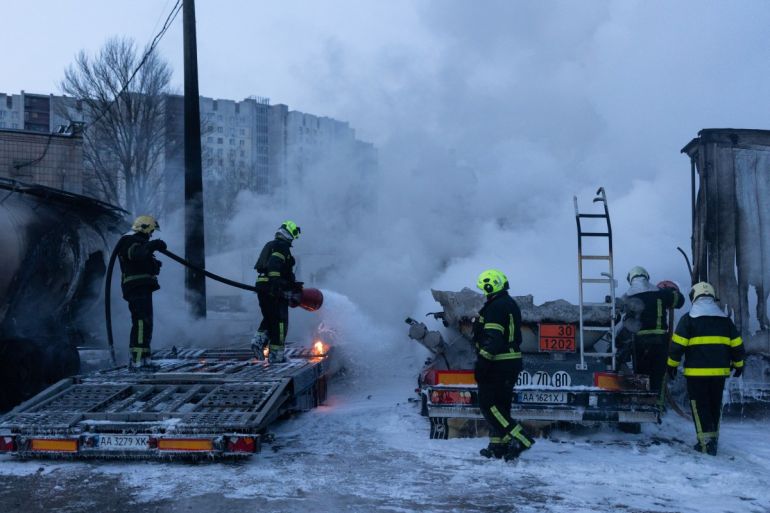Dating in 2025 poses unique challenges, particularly for those like sex historian who explore sensitive topics for a living. A recent reflection from a professional in this field highlights the hurdles faced in the modern dating landscape, where conventional meeting spots are dwindling and the stigma surrounding certain professions complicates personal connections.
Modern Dating Challenges
As the dating scene evolves, many find themselves grappling with a reality that feels increasingly restrictive. In the United Kingdom, traditional venues such as pubs are closing at an alarming rate, with one reportedly shutting down each day. The decline of social places, combined with changing attitudes toward office romances, limits opportunities to meet new people, particularly for those who work from home.
The landscape has shifted significantly since the past, when meeting someone at a local bar or during a night out was commonplace. Now, many resort to dating apps, which can often lead to frustration. The process of navigating these platforms can feel like an endless cycle of conversations that rarely lead to meaningful connections. The writer of the reflection describes these experiences as a “colossal waste of time,” often filled with individuals looking for validation rather than genuine relationships.
The Impact of Profession on Dating
For a sex historian, the complications only multiply. Despite being an expert in the field, her profession seems to create barriers rather than attract potential partners. The expectation that knowledge about sex equates to an open invitation for intimacy leads to misunderstandings and unwelcome advances. Many individuals perceive the job as an opportunity to overshare personal experiences, which can often derail a date before it even begins.
“Unless I produce a recording device before the entrées arrive, this is rarely the case,” she notes, highlighting the absurdity of such interactions. The stigma surrounding her work reflects broader societal attitudes towards discussions of sexuality, which can lead to awkward situations and even the fear of being treated as a case study rather than a person.
Research supports these sentiments, indicating that those who study sex often face marginalization and are not taken seriously in both personal and professional settings. A 2015 study found that individuals in sex-related fields encounter significant stigma, impacting their workplace experiences and personal relationships.
While the historian embraces her career, she acknowledges the frustration of navigating a dating culture that often misinterprets her profession. The challenge lies not only in finding compatible partners but also in contending with the assumptions and preconceived notions that come with her expertise.
In search of new avenues, she considers exploring Raya, a dating app aimed at high-profile individuals. However, with an acceptance rate of only 8%, the prospect seems unlikely. Additionally, she questions whether celebrity status would alleviate the challenges she faces, as reactions to her profession remain unpredictable.
Ultimately, the reflection serves as a commentary on the complexities of modern dating, particularly for those in specialized fields. It raises the question of whether individuals who publicly discuss topics like sex are destined to remain on the sidelines, observing the romantic endeavors of others while struggling to forge their own connections.
In a light-hearted twist, she muses about creating a dating app tailored for those with unconventional professions, suggesting “Unhinged” as a potential name. The idea reflects a growing need for spaces that acknowledge and embrace the unique experiences of individuals navigating the complexities of love in a rapidly changing world.

